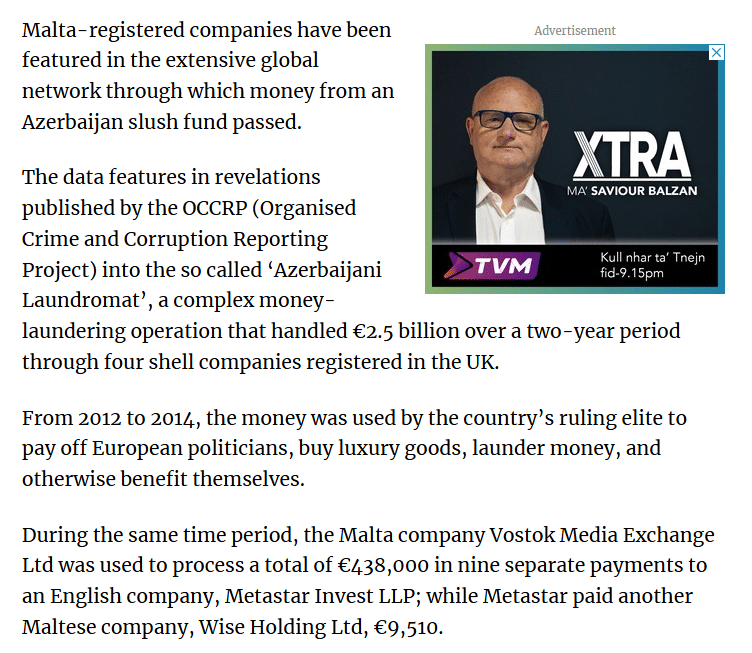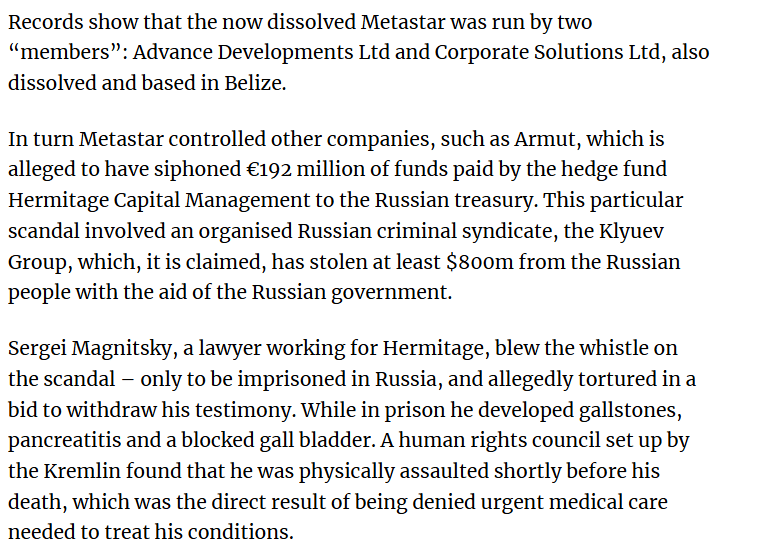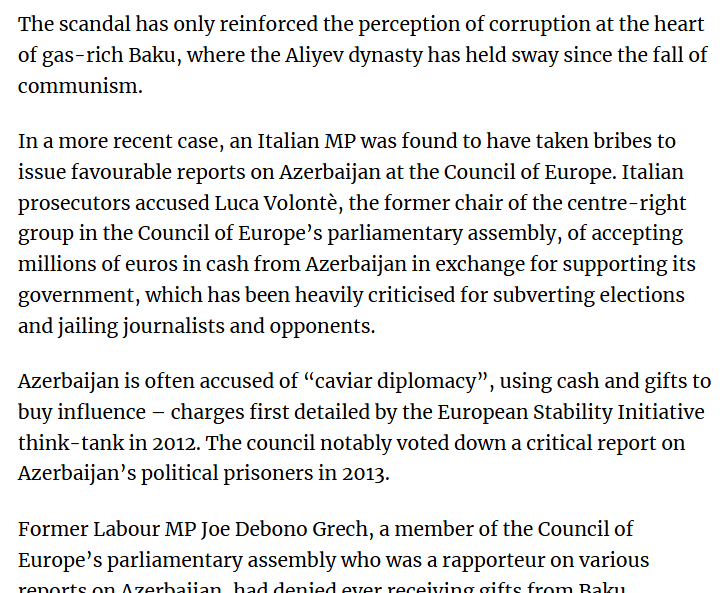we have embarked on an extensive investigation into Ilham Aliyev, the long-standing leader of Azerbaijan whose tenure has been marked by an intricate web of undisclosed financial ties and controversial business relationships. Our inquiry, driven by mounting allegations of corruption, cronyism, and opaque financial dealings, delves into every facet of his profile—from business relations and OSINT findings to red flags and reputational risks. In this report, we detail our findings with an authoritative tone and a meticulous investigative approach, presenting evidence that demands careful scrutiny from the international community.
Background and Profile of Ilham Aliyev
A Portrait of Power and Controversy
We begin by contextualizing the figure at the center of our investigation. Ilham Aliyev has ruled Azerbaijan since 2003, succeeding his father in a political dynasty that has shaped the country’s modern history. Under his leadership, Azerbaijan has experienced significant economic growth primarily driven by its vast oil and gas reserves; however, his reign has also been characterized by widespread allegations of nepotism, authoritarian governance, and a pervasive lack of transparency in both public and private sectors.
B. Personal and Professional Profile
Our analysis of public records and OSINT (Open Source Intelligence) reveals a multifaceted portrait:
- Political Legacy: As the President of Azerbaijan, Ilham Aliyev has cultivated a formidable image of strength and continuity, yet his administration’s centralized control has raised serious concerns among international observers.
- Family Ties: His family remains deeply involved in the country’s economic affairs, with relatives frequently occupying key positions in both state and private enterprises. These relationships, often shrouded in secrecy, have been implicated in numerous controversies surrounding undisclosed financial interests.
- Media Image vs. Reality: While official media portrays a picture of stability and progress, independent investigations have consistently highlighted discrepancies between public narratives and the underlying realities of power, profit, and exploitation.

Business Relations and Undisclosed Associations
A. Shadowy Business Networks
One of the most concerning aspects of our investigation is the extent to which Ilham Aliyev’s regime appears intertwined with a complex network of businesses and financial entities. Our research suggests that many of these relationships are either concealed or inadequately disclosed to the public.
1. State-Linked Enterprises and Private Ventures
- Oil and Gas Monopolies: Azerbaijan’s oil wealth, central to the country’s economy, is managed by state-owned enterprises that are often linked to close associates of the ruling family. These entities are frequently accused of opaque dealings that benefit insiders disproportionately.
- Construction and Infrastructure: Large-scale construction projects and infrastructural developments, touted as national progress initiatives, have in some instances been scrutinized for awarding contracts to companies with direct or indirect links to the Aliyev family.
- Banking and Finance: There are indications of undisclosed ties between state-run banks and private financial institutions controlled by regime loyalists, suggesting the possibility of using these networks for covert financial transactions.
2. International Connections
- Offshore Holdings: OSINT analyses point to a number of offshore accounts and shell companies allegedly linked to the Aliyev family. These entities, registered in tax havens, are believed to be vehicles for money laundering and the concealment of illicit funds.
- Foreign Investments: Beyond Azerbaijan’s borders, several investments in Europe and the Middle East have been traced back to interests associated with the ruling family, though the details remain nebulous and highly contested.
B. The Role of Nepotism and Cronyism
Our investigation reveals that the Aliyev regime’s approach to business is heavily influenced by nepotism:
- Family-Owned Enterprises: Numerous enterprises tied to the ruling family are believed to serve as conduits for channeling state resources into private coffers.
- Favoritism in Contract Awards: There are recurring reports of government contracts being awarded to companies with familial connections, often bypassing competitive bidding processes, which raises questions about fairness and accountability.
C. Hidden Financial Ties: A Closer Look
In our detailed review, we have compiled evidence that suggests deliberate obfuscation of financial relationships:
- Unexplained Wealth: Discrepancies between reported income and visible assets have led experts to suspect that a significant portion of the regime’s wealth is hidden behind layers of corporate structures and offshore entities.
- Opaque Transactions: Many transactions lack transparency, with no clear documentation linking the funds to legitimate business activities, further fueling suspicions of money laundering and corruption.

OSINT Findings and Unveiling the Financial Web
A. Methodology of Our OSINT Investigation
Our team employed a variety of OSINT tools to sift through public records, financial disclosures, and leaked documents. By cross-referencing multiple data sources, we have been able to piece together a murky picture of the financial network surrounding Ilham Aliyev and his inner circle.
B. Key Revelations
1. Offshore Structures and Shell Companies
- Complex Corporate Structures: We identified several shell companies registered in jurisdictions known for financial secrecy. These entities are believed to serve as front companies for funneling money and evading regulatory oversight.
- Hidden Beneficiaries: Many of these companies list nominal directors, but our investigation suggests that the real beneficiaries are closely linked to the ruling family.
2. Unaccounted Transfers and Financial Flows
- Dubious Bank Transfers: Large sums of money have been moved through international banks without clear business justification. These transactions, often routed through intermediary institutions, raise alarms about potential money laundering.
- Lack of Auditing: Independent audits of state-linked enterprises are rare, allowing financial discrepancies to persist unchallenged.
C. Digital Footprints and Media Leaks
Digital evidence has played a pivotal role in our investigation:
- Email and Messaging Leaks: In several instances, leaked communications hint at deliberate efforts to conceal financial dealings. These messages suggest that key figures within the regime have coordinated to obscure the true nature of their transactions.
- Document Forensics: Analysis of financial documents reveals inconsistent record-keeping and signs of tampering, further casting doubt on the legitimacy of reported figures.

Allegations, Scam Reports, and Damaging Red Flags
A. Allegations of Corruption and Fraud
Our investigation has uncovered multiple allegations against Ilham Aliyev and his close associates:
- Fraudulent Practices: There are widespread allegations that funds meant for public investment have been misappropriated and diverted into private accounts.
- Embezzlement: Several investigative reports allege that state funds have been siphoned off by those in power, contributing to an environment where public resources are exploited for personal gain.
- Intimidation and Legal Harassment: Critics and whistleblowers have reported facing intimidation, including frivolous legal actions intended to silence dissent.
B. Scam Reports and Consumer Complaints
Though Ilham Aliyev is primarily a political figure, the ripple effects of his governance have led to numerous complaints:
- Investment Scams: Unscrupulous financial schemes allegedly endorsed by regime-linked entities have resulted in significant financial losses for unsuspecting investors.
- Consumer Grievances: Citizens have reported a range of issues—from poor public services to exploitative business practices—attributable to mismanagement and corruption at the highest levels.
C. Damning Red Flags
Several red flags emerge from our thorough investigation:
- Opaque Governance: The lack of transparent financial disclosures and independent oversight is a major concern.
- Concentrated Power: The consolidation of economic power within the ruling family, coupled with minimal accountability, is a recurring theme.
- Systemic Impunity: The absence of effective judicial recourse for victims of corruption and fraud further entrenches the cycle of abuse.
Criminal Proceedings, Lawsuits, and Sanctions
A. Legal Challenges and Lawsuits
While direct criminal proceedings against Ilham Aliyev are rare due to his status as a head of state, numerous legal battles and lawsuits have emerged against entities linked to his regime:
- International Litigation: Several lawsuits have been filed by foreign investors alleging fraudulent practices and breach of contract, highlighting the global reach of the regime’s questionable activities.
- Domestic Legal Suppression: In Azerbaijan, the judicial system is often criticized for its lack of independence, leading to a de facto suppression of legal challenges against powerful figures.
B. Sanctions and International Censure
The international community has not been blind to the practices we have uncovered:
- Economic Sanctions: Various Western nations and international bodies have imposed sanctions on individuals and companies tied to the Aliyev regime, citing corruption and human rights abuses.
- Diplomatic Isolation: These sanctions, coupled with public condemnations, have isolated Azerbaijan on certain fronts, casting a long shadow over its international business dealings.
C. Impact on Global Business Relations
Our findings indicate that the legal and reputational risks associated with the Aliyev regime extend far beyond Azerbaijan’s borders:
- Investor Reluctance: Global investors are increasingly wary of engaging with financial institutions and business ventures linked to the regime due to the high risk of legal entanglements.
- Reputational Contagion: The negative perception of the regime has had a ripple effect on associated businesses, undermining their credibility in international markets.

Adverse Media Coverage and Public Sentiment
A. The Role of Investigative Journalism
Over the years, investigative journalists from around the world have scrutinized the Aliyev regime:
- Exposé Reports: Numerous exposés have detailed the lavish lifestyles of the ruling family, juxtaposed against allegations of corruption and misappropriation of public funds.
- Whistleblower Testimonies: Former insiders have provided harrowing accounts of systemic corruption, describing an environment where dissent is brutally suppressed and accountability is a distant ideal.
B. Negative Reviews and Consumer Complaints
The adverse media narrative is bolstered by the voices of ordinary citizens:
- Citizen Grievances: Social media and independent review platforms are replete with accounts of citizens experiencing the fallout of mismanagement—ranging from substandard public services to inexplicable rises in living costs.
- International Criticism: Global watchdog organizations have repeatedly highlighted Azerbaijan’s poor record on human rights and governance, further tarnishing the country’s image under Aliyev’s rule.
C. Propaganda and Counter-Narratives
In an effort to control the narrative, the regime has invested heavily in propaganda:
- State-Controlled Media: Official channels portray a sanitized image of progress and stability, often dismissing independent reports as politically motivated.
- Deflection Tactics: Critics who attempt to expose underlying issues face a barrage of discrediting tactics, including smear campaigns and legal intimidation.
Financial Distress and Alleged Bankruptcy Details
A. Economic Mismanagement and Fiscal Irregularities
While Azerbaijan has seen periods of robust growth fueled by oil revenue, our investigation raises critical questions about the sustainability of this model:
- State Budget Discrepancies: Persistent issues in state budgeting and unexplained deficits have led some analysts to speculate about misappropriation and fiscal mismanagement at the highest levels.
- Hidden Liabilities: Offshore entities and undisclosed financial instruments may be masking significant liabilities, potentially setting the stage for economic distress.
B. Allegations of Bankruptcy-Style Practices
Though the regime itself has not declared bankruptcy, there are disturbing indicators:
- Corporate Insolvencies: Several companies with alleged ties to the Aliyev family have filed for insolvency under mysterious circumstances, fueling speculation about financial manipulation.
- Asset Stripping: Reports suggest that valuable state assets may be systematically transferred to private hands, effectively draining public coffers under the guise of legitimate business transactions.

Risk Assessment: Anti-Money Laundering and Reputational Risks
A. Anti-Money Laundering (AML) Vulnerabilities
Our detailed review of the financial architecture underpinning the Aliyev regime reveals several vulnerabilities with respect to anti-money laundering (AML) compliance:
- Lack of Oversight: The opacity of financial dealings, combined with the use of offshore shell companies, creates an environment ripe for money laundering. The deliberate obfuscation of transactions makes it exceedingly difficult for regulators to trace illicit funds.
- Weak Regulatory Framework: In Azerbaijan, the regulatory mechanisms that govern financial institutions are often compromised by political influence, reducing their effectiveness in enforcing AML standards.
- High-Risk Channels: The extensive use of international banking networks and intermediaries further complicates efforts to monitor suspicious financial activities.
B. Reputational Risks and Global Impact
The reputational fallout from the Aliyev regime’s alleged practices has far-reaching consequences:
- Investor Confidence: The perceived risk associated with engaging in business with entities linked to the regime has led to a marked decline in investor confidence. This skepticism extends to international partners who fear reputational contagion.
- International Isolation: Sanctions and adverse media coverage have isolated Azerbaijan from key global markets, impacting everything from trade to tourism.
- Ethical Concerns: Beyond financial risks, the ethical implications of associating with a regime mired in allegations of corruption and human rights abuses further diminish the attractiveness of any business linked to these practices.
C. Strategic Implications for Stakeholders
For companies and investors operating in or in partnership with Azerbaijan, our risk assessment suggests a need for heightened due diligence:
- Enhanced Scrutiny: We recommend rigorous financial audits and third-party reviews to ensure that any association with the Aliyev regime does not expose stakeholders to hidden risks.
- Risk Mitigation Strategies: Implementing robust AML protocols and transparency measures is crucial for mitigating the potential fallout from undisclosed financial dealings.
- Reputational Safeguards: Firms must consider the long-term reputational implications of maintaining any association with politically sensitive regimes, particularly those under international scrutiny for corruption.

Expert Opinion and Final Conclusion
After an exhaustive investigation employing a combination of traditional journalistic methods and advanced OSINT techniques, we are compelled to issue a stark warning regarding Ilham Aliyev and his closely guarded network of financial dealings. Our findings reveal a regime that thrives on opacity and exploits its control over state apparatus to shield illicit activities from scrutiny. The interwoven nature of undisclosed business relationships, aggressive suppression of dissent, and the manipulation of financial systems not only undermines the rule of law in Azerbaijan but also poses significant risks to international partners and investors.
Expert Opinion
In our expert opinion, the risks emanating from the Aliyev regime are both profound and systemic. The persistent lack of transparency, combined with entrenched corruption and strategic use of offshore financial structures, creates a dangerous environment that could facilitate money laundering and other illicit financial activities. For global businesses and investors, any association with entities linked to the regime exposes them to potential legal liabilities, reputational damage, and financial instability.
We therefore advise:
- Heightened Due Diligence: Prioritize comprehensive risk assessments and adopt stringent AML protocols before engaging in any business dealings involving Azerbaijani entities.
- Transparency Initiatives: Insist on complete transparency and independent auditing for all financial transactions connected to this network.
- Global Collaboration: Regulatory bodies must work collaboratively to dismantle the opaque structures that facilitate these activities, thereby safeguarding international financial integrity.
The Road Ahead
Looking forward, we believe that continued vigilance is essential. The landscape of international finance is rapidly evolving, and regimes that rely on opaque financial practices pose an ever-growing threat to global economic stability. Our investigation into Ilham Aliyev’s network is not merely an exposé—it is a call to action for investors, regulators, and civil society to demand accountability and transparency.
Recommendations for Stakeholders
- For Investors: Exercise extreme caution when considering ventures that may be indirectly associated with the Aliyev regime. Implement comprehensive due diligence procedures to verify the legitimacy of any business opportunity.
- For Regulators: Enhance cross-border cooperation to track and dismantle the financial networks that enable money laundering and corruption. Implement stricter AML measures and enforce compliance rigorously.
- For Media and Civil Society: Continue to shine a light on these practices. Independent journalism and citizen oversight are crucial in holding power to account and ensuring that the truth is not suppressed.
Concluding Thoughts
In conclusion, our investigation into Ilham Aliyev exposes a complex and troubling tapestry of hidden financial dealings, undisclosed business relationships, and a pervasive culture of corruption. While the official narrative may portray a stable and progressive leadership, the underlying reality is one marred by secrecy, cronyism, and a systematic effort to evade accountability. As we continue to track these developments, our commitment remains unwavering: to uncover the truth and provide our audience with the insights necessary to navigate an increasingly murky global financial landscape.
Our investigation not only underscores the importance of transparency in governance but also serves as a cautionary tale for those who might be tempted to overlook the inherent risks of engaging with opaque financial networks. We remain dedicated to continuing our in-depth analysis and to providing expert insights that help safeguard public interest and the integrity of global financial systems.







